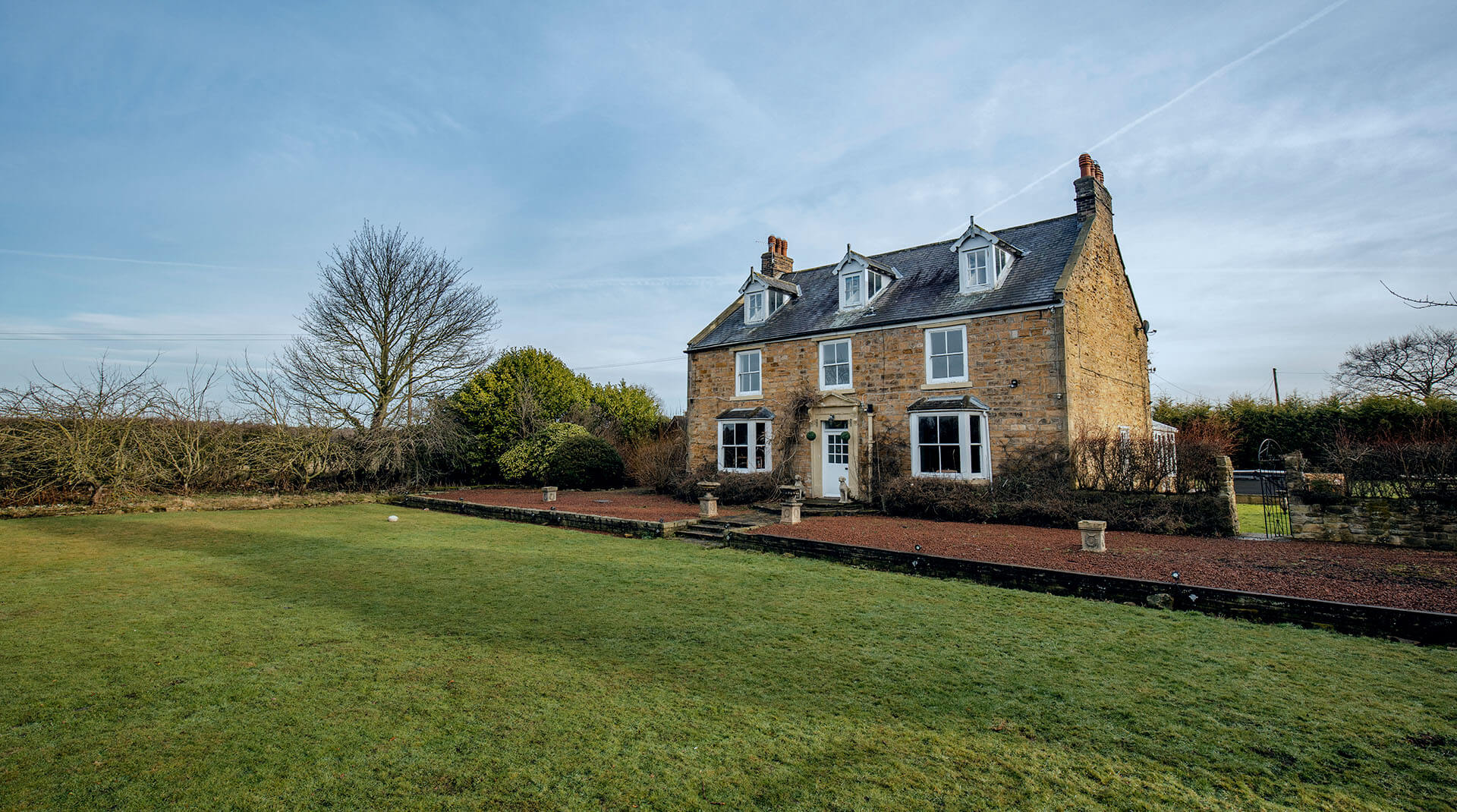1st September 2025 | Caroline Vernon | Residential Real Estate, Property, Commonhold
On 3 March 2025, the Government published its Commonhold White Paper, the proposed new commonhold model for homeownership in England and Wales, together with a Press Release: Beginning of the end for the “feudal” leasehold system.
Sale of new flats on commonhold
The Government’s initial focus is a ban on the sale of new flats using the traditional leasehold structure. They are instead proposing that new flats are sold on a commonhold structure. The Government will then introduce the Draft Leasehold and Commonhold Bill to Parliament during the second part of 2025.
The Government plans to adopt the Law Commission’s recommendation to enable developers to create sections within developments to enable those with different interests to vote on the issues that involve them but not on those that do not. For example, in a mixed-use estate, a floor of retail units that does not use the same facilities as the flats above could be a separate section from the flats. The Bill will contain rules about when sections can be created, combined or dissolved, but the expectation is that this will form part of the planning and construction phase. There will also be flexibility to allow the contributions from different sections to vary depending on the particular heads of costs.
Conversion of existing leasehold flats to commonhold
The Government also want to encourage the conversion of existing leasehold flats to the commonhold structure and to make commonhold the predominant form of home ownership in England and Wales. Accordingly, the White Paper extends to their plans to amend existing commonhold procedure, which will also form part of the Draft Leasehold and Commonhold Bill.
It has been possible for residential units to be let on a commonhold basis since 2004, but uptake has been extremely low. Currently, conversion to commonhold requires the consent of the freeholder, all leaseholders and all those lending institutions with a charge over the freehold or any of the leasehold properties to create a commohold structure. The Government wants to implement the Law Commission’s recommendation that at least 50% consent is required for conversion in the future. This doesn’t completely remove all obstacles since the consent of the freeholder will still be required. One option is therefore for a group of leaseholders to acquire the freehold first by way of collective enfranchisement and then convert to commonhold.
The Government is keen to promote commonhold and increase awareness and understanding of how the proposed structure currently operates and could be improved via amendments to the existing legislation. Landlords, developers and those involved with residential and mixed-use properties will want to familiarise themselves with the commonhold process and education is key to the Government’s plans.
The Law Commission proposed that financial incentives may be needed for developers to offer new flats on commonhold. No such financial incentives are proposed by the Government, who intend to make it a mandatory requirement for new flats to be created in commonhold structure. The Government’s message is that developers should start considering the implications of a move to commonhold for new flats now, together with the consultation due later in the year.
At Sherrards Solicitors, we provide expert legal guidance on the evolving reforms, ensuring property owners, investors, and developers are well-prepared for the future of property ownership.
To find out more, contact the Residential Real Estate team here or contact Shen using the details below.


